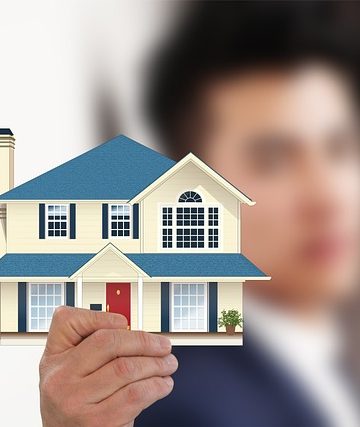There are many different types of home automation design, but the three most common are centralized, distributed, and standalone. Centralized home automation systems are controlled by a single computer or controller, while distributed systems have multiple controllers that each manage a specific part of the home. Finally, standalone systems don’t connect to other devices or controllers and operate entirely through manual input.
Centralized systems offer the most control and flexibility, but they can also be more expensive and difficult to set up. Distributed systems are usually cheaper and easier to install, but they can be less reliable and offer less flexibility than centralized systems. Standalone systems are the simplest and cheapest option, but they offer the least control.
Which type of home automation system is right for you will depend on your needs and budget. Talk to a home automation specialist to learn more about the different types of systems available and decide which one is best for you.
How to Select Home Automation Services?
When selecting home automation services, there are a few key things to consider. The first is your budget. Home automation systems can be expensive, so make sure you have a realistic idea of how much you’re willing to spend.
The second thing to consider is the level of control you want. Centralized systems offer the most flexibility and control, while distributed and standalone systems offer less. Ensure you know what you want in terms of control and features before shopping for home automation services.
Third, think about how easy the system will be to use. Many home automation systems are controlled through a smartphone or computer interface, so make sure you’re comfortable with using these devices. If you’re not familiar with smartphones or computers, consider a simpler system.
Finally, consider the level of support you’ll need. Home automation systems can be complex, so make sure you’re choosing a service that offers good customer support in case you need help troubleshooting or using the system.
By considering these factors, you can narrow down your choices and select the home automation service that’s right for you.
Benefits of Home Automation
Home automation has many benefits, but the three most common are convenience, security, and energy savings.
Convenience is perhaps the most obvious benefit of home automation. Imagine being able to turn on your lights or adjust your thermostat without having to get up or even be in the same room. Instead, home automation systems make it possible to control your home from anywhere in the world using a smartphone or computer.
Security is another big benefit of home automation. With features like automatic locks, motion-sensor lighting, and security cameras, you can rest assured knowing that your home is safe and secure even when you’re not there.
Finally, home automation can help you save money on your energy bills. Home automation can help you reduce your energy consumption and save money on your utility bills by automatically adjusting your thermostat and turning off lights when you’re not using them.
Home automation is a great way to make your life easier, more secure, and affordable. Talk to a home automation specialist to learn more about the benefits of home automation and see if it’s right for you.

















